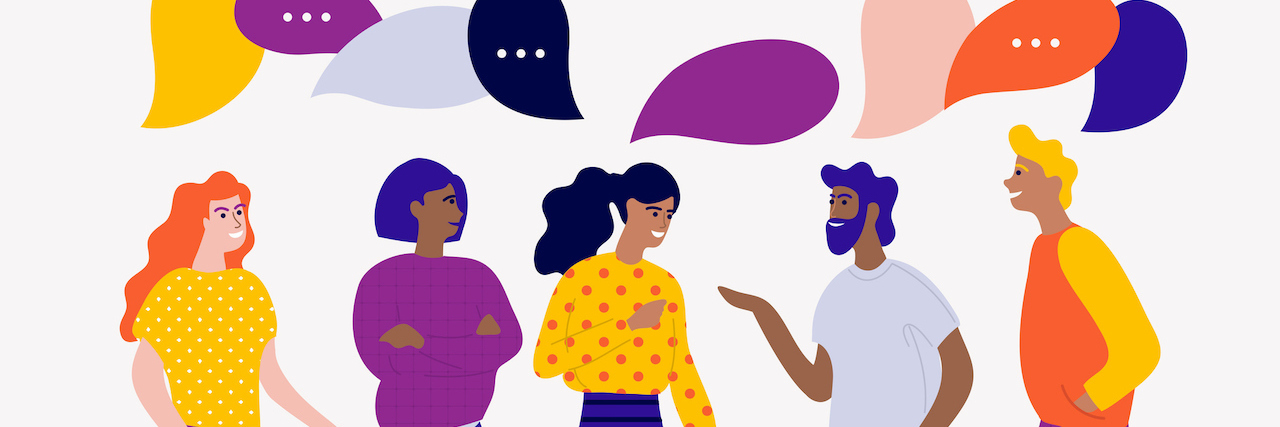I have type II bipolar disorder. I was diagnosed about five years ago now. I have never really had a problem talking about my mental health or my chronic illnesses, even with strangers. However, I very rarely tell people the conditions I have immediately, and when I do tell them they are always surprised. These are people I have worked with or gone to school with for months and sometimes years; they know me, my work ethic and style, and my intelligence level. It then somehow turns into:
• What is Bipolar disorder?
“But you are so dependable, how could you have bipolar?”
“You seem so happy how could you be depressed?”
“You work in customer service, you couldn’t possibly have anxiety.”
I do not tell people about my diagnosis right away. I do this for two reasons. The first is I prefer to go into new situations without those around me having preconceived notions. I like to be taken seriously when I am concerned about something or upset about it and unfortunately have learned the hard way that if certain people know about me being bipolar from the start they are far more dismissive of me than when they only know I have a bachelors and masters and am an EMT.
The second reason is kind of the reverse. I learn a lot about people by the way they treat others and the way they talk about different topics such as mental health, race, gender identity and sexual orientation. If you let people talk they will dig a hole for themselves. I like to observe the conversation and learn about the people around me. This helps me decide who to trust, who I want to be around and who would be a toxic influence in my life.
Usually, at the point where someone is speaking using preconceived notations about bipolar, I will add my opinion and tell them where my knowledge on the topic comes from. This tends to throw them off, especially when they are assuming that bipolar individuals are all homeless, criminals or unstable. It is difficult for them to comprehend that people with bipolar disorder are not just what media has reduced them to. We are not always the villain. We are not just our illness.
We have to work harder to find balance, yes, that is true. Balance can be extremely difficult to find and maintain especially without unlimited resources, insurance and money. Despite this, we are people, who can be intelligent, creative, and contribute greatly to society even as it continues to stigmatize us.
Getty image by VictoriaBar

